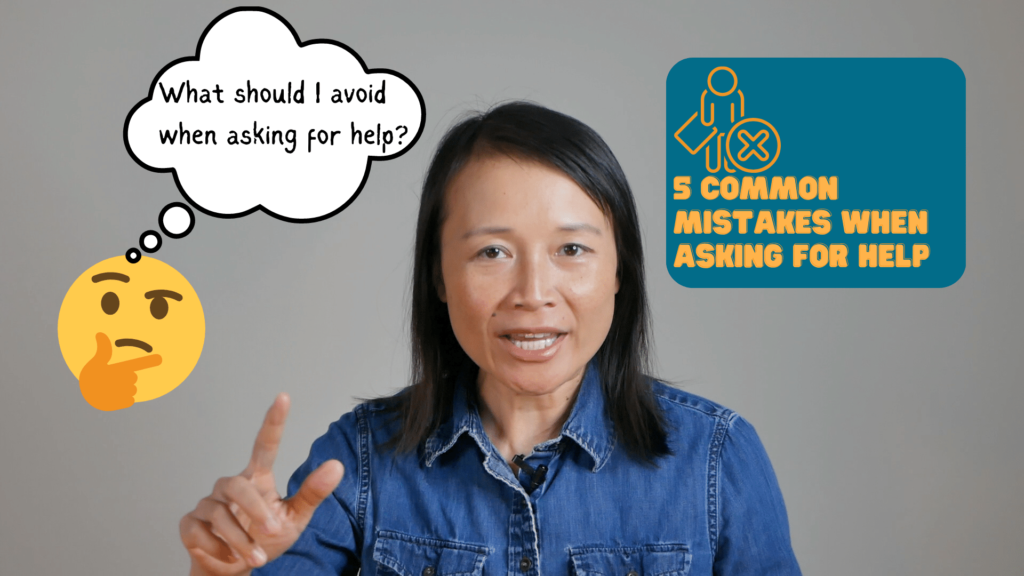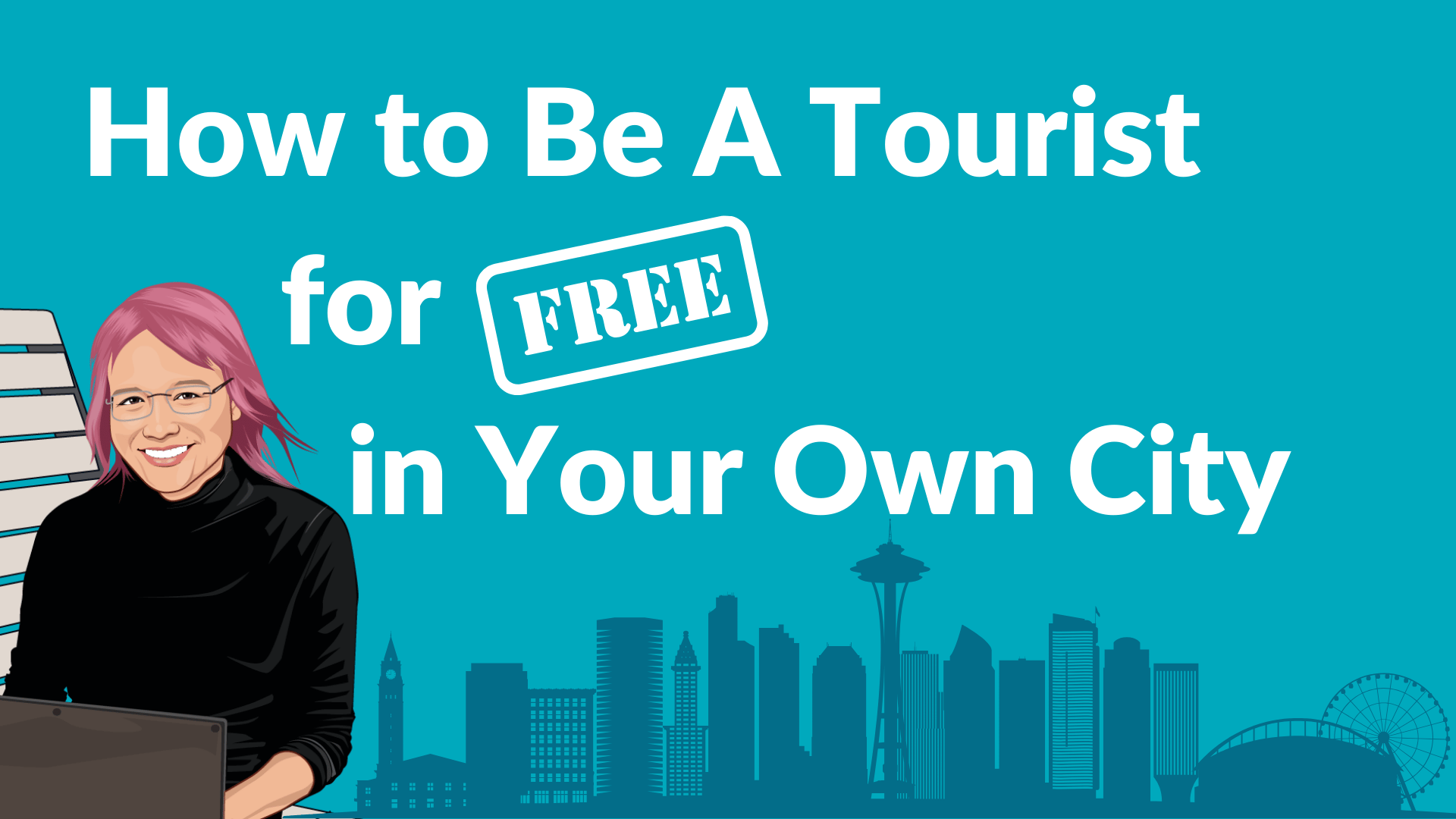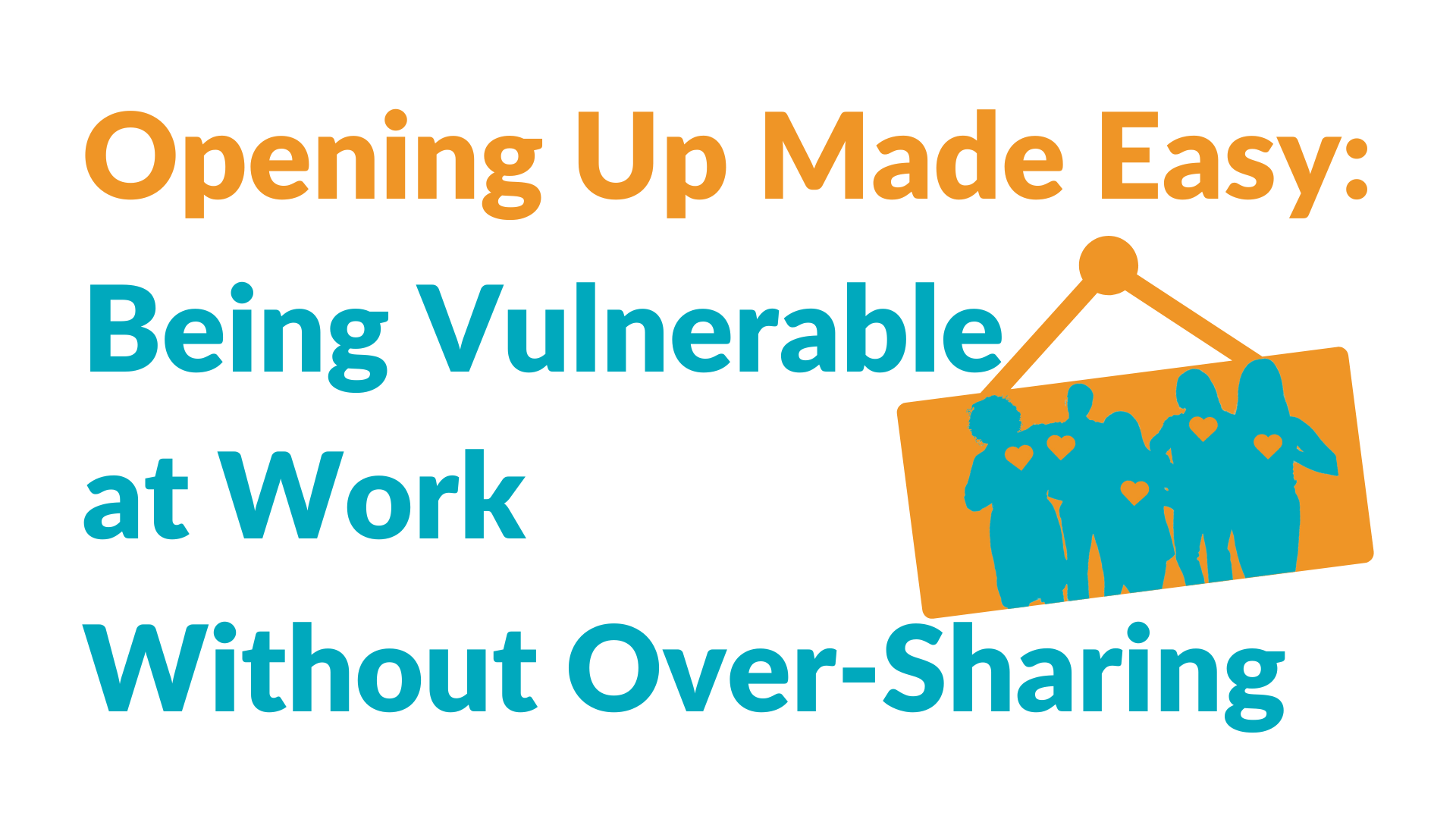
Have you been asking for help and yet you can’t figure out why people don’t say yes to you? I wrote earlier about the SMART method and asking for help. If you’re getting no’s all the time though, it might be because you’re making some mistakes in asking for help.
I’ve identified five common mistakes people make when they think they’re asking for help:
- Not asking and just hoping someone will offer
That’s right. The biggest mistake you can make when asking for help is you’re not actually asking. You’re just talking about how you need help and you hope someone will offer you help. You may even feel like you’re asking by talking about how you need help. Unless you actually make an ask for something that ends with a question mark, then you’re not really asking for help. If you don’t ask, explicitly, then the person that you think you’re asking might not realize that you are actually asking. They might not want to presume that you’re asking and that you might actually even be insulted if they offer, so they don’t. Then there are some people who think it’s really important that whoever needs help actually ask for it. Unless you actually know someone well, it’s unlikely that they will just offer help. I remember talking to this political candidate who was telling me her life story and all the reasons why she ran and how she needs money to run her campaign and then there was this really long pause, and then I said, “are you asking me to help you with your campaign?” And then she said, “yes, yes I am.” I actually had to prompt someone who is bringing a political campaign to make an ask. You may appear like you’re lacking a lot of confidence or even being embarrassed in your ask if you don’t actually ask.
- Being vague about what you need
This means not being specific about what you need. It can be hard to say yes to something, if you don’t know what you’re getting into. That’s why it’s important to be specific about what you need, so that other people can envision being able to help you or not. But what I really like about the SMART method developed by Wayne Baker is that it’s very specific and detailed in how to make an ask. A big request can make the other person feel like they’re not really knowing what they’re getting themselves into if they say yes and they might not care enough to ask you follow-up questions, causing you to lose your opportunity because you were vague. When you are specific in your request, it shows that you have thought it through. If you’re vague in your request, it could signal that the request is casual and you have not thought it through.
- Not sharing why you need help
If you’re asking for help, you have to be prepared to share why you need that help. You have to convey a sense of genuine need. If you don’t share, you can come off as though you’re hiding something, or as though you don’t trust the person, which is really bad if you’re actually asking them for something. So imagine saying “I need a job because I just got laid off. Could you help me with my job search for a tech role?” or “ my car broke down and I can’t afford to take an Uber. Would you be willing to take me to the airport?” That could be why you need the help. They don’t have to guess, and if you leave them to guess, they might think it’s something much more negative than it is.
- Trying to make the ask into a transaction
This is when someone says, if you do this for me, I will do this for you. There’s good intent here. I understand that it could be hard to ask for help without offering something in return. The fact is, what you’re offering in return is a “thank you” and actually making use of whatever you’re asking for help with. When you try to offer something for something, it can make the request feel really transactional. The person on the giving end doesn’t want to feel like they’re only saying yes, because you offer them something. For example, if you say, can you help me with my job search? I’ll buy you dinner if you do.” Chances are the person would’ve helped even without the dinner and now because you said it, they might look like they are interested in the dinner instead of just hoping for altruistic reasons. People want to feel altruistic. Help them by tapping into their generous spirit, not their desire to get something in return.
- Asking someone when you haven’t been in contact and not acknowledging that
Sometimes you need some help from someone you haven’t been in contact with for a while. That doesn’t mean that you shouldn’t ask for help, especially if you thought you had enough of a relationship that you could ask. What’s important though is that you acknowledge that you haven’t talked to them in a while. Maybe look up when was the last time you talked to them and comment on some things that they use on their social media or some other platform that shows that you’ve also been keeping track of their activities. The point of this is not to pretend that no time has passed. You don’t wanna look like you’re just coming in for a favor and then you feel entitled to their help because you knew each other from before.
Have you unconsciously been making any of these mistakes when you’ve asked for help? If so, stop it! And also check out my blog post on asking for help in this SMART method.








Leave a Reply